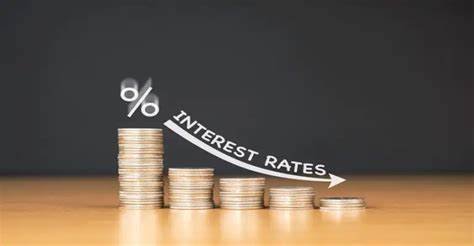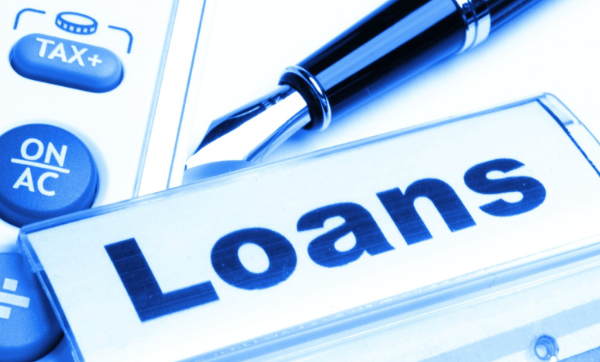|
Getting your Trinity Audio player ready...
|
When it comes to borrowing money, finding the best interest rates can make a significant difference in your financial journey. Whether you’re taking out a personal loan, a mortgage, or a student loan, understanding how interest rates work and where to find the most favorable ones can save you a substantial amount of money over time. In this article, we’ll explore the world of loans and guide you through the best ways to secure the lowest interest rates available.
Understanding Interest Rates
What Are Interest Rates?
Interest rates are essentially the cost of borrowing money. They are expressed as a percentage of the principal amount and determine how much you’ll pay in addition to the borrowed sum.
Fixed vs. Variable Rates
Fixed interest rates remain constant throughout the loan term, providing predictability. Variable rates can fluctuate, potentially lowering your payments when market rates are low but increasing them when rates rise.
The Best Interest Rates by Loan Type
Mortgages
30-Year Fixed-Rate Mortgages
Offer long-term stability with relatively low rates, making them popular for homebuyers.
Adjustable-Rate Mortgages (ARMs)
Initially provide lower interest rates that adjust periodically, potentially saving money if market rates stay low.
Personal Loans
Online Lenders
Online lenders often offer competitive rates, quick approval processes, and flexible terms.
Credit Unions
Credit unions may provide lower rates for their members, making them an attractive option.
Auto Loans
Dealership Financing
Dealerships may offer promotional rates and incentives to finance through them.
Credit Score Importance
Your credit score significantly impacts the interest rate you’ll receive; maintaining good credit can lead to lower rates.
Student Loans
Federal Student Loans
Federal loans typically offer fixed interest rates lower than private loans, and they come with borrower protections.
Refinancing Options
Refinancing student loans with private lenders can lead to lower rates if you have a strong credit history and income.
Strategies for Securing Low Interest Rates
Improve Your Credit Score
Timely Payments
Paying bills on time and in full positively affects your credit score.
Debt Management
Reducing credit card balances and managing debt responsibly can boost your creditworthiness.
Shop Around
Compare Lenders
Obtain quotes from multiple lenders to find the most competitive rates.
Negotiate
Don’t hesitate to negotiate with lenders for better terms, especially if you have a strong credit history.
Consider Loan Term
Shorter Terms
Shorter loan terms typically come with lower interest rates but higher monthly payments.
Longer Terms
Longer terms may have slightly higher rates but offer lower monthly payments.
Make a Down Payment
Home Loans
A larger down payment on a mortgage can secure a lower interest rate.
Auto Loans
A substantial down payment on a car can lead to better financing terms.
How Economic Factors Affect Interest Rates
Federal Reserve Policies
The Federal Reserve’s decisions on interest rates can influence the rates offered by banks and lenders.
Economic Conditions
A strong economy generally leads to higher interest rates, while a weaker one tends to result in lower rates.
Conclusion
Securing the best interest rates on loans is a smart financial move that can save you money and reduce the overall cost of borrowing. Understanding the types of loans available and the factors that affect interest rates, such as your credit score and economic conditions, is crucial.
By improving your credit score, shopping around for lenders, and considering the loan term and down payment, you can increase your chances of securing favorable interest rates. Whether you’re looking to buy a home, finance a car, fund your education, or cover unexpected expenses, the right interest rate can significantly impact your financial well-being.
So, before you sign on the dotted line, take the time to explore your options, negotiate with lenders, and make informed decisions to secure the best interest rates available.





